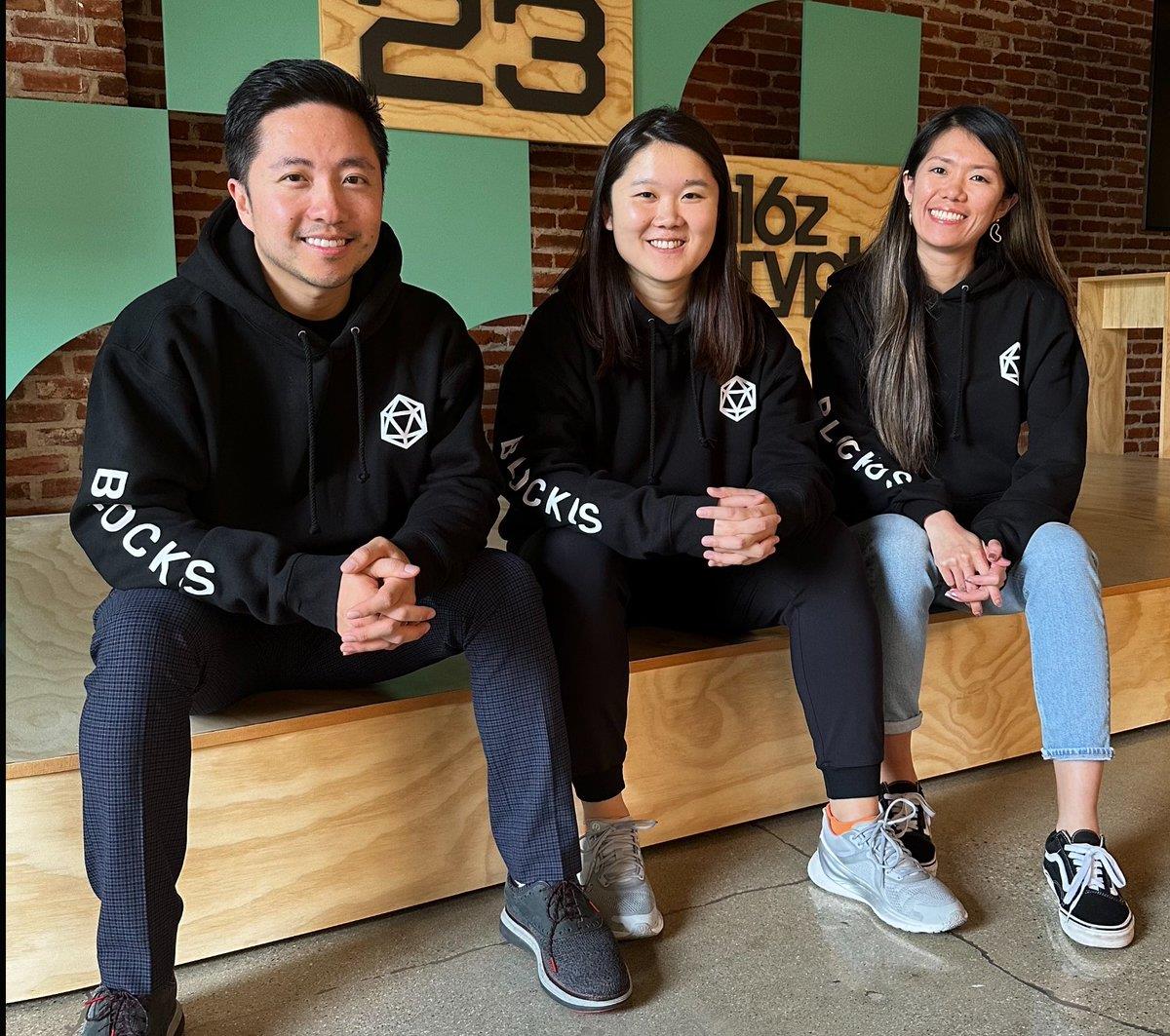If you want a lightweight accelerator, choose YC; if you want a more in-depth program, choose a16z.
Written by: Michael Wei
Translated by: DeepTech TechFlow
The controversy between Y Combinator and other incubators has been ongoing. Blockus co-founder Michael Wei joined a16z's Crypto Startup School (CSS) this year, and in this article, he compares Y Combinator and a16z's incubators in six key aspects.

Queue Quality, a16z Wins.
The most valuable part of business school is not the curriculum, but the network you build. Both YC and a16z select outstanding founders, but how do the incubators cultivate these relationships? This is where CSS excels. In the office, we share experiences in solving challenging problems, give advice on overcoming obstacles, and compare notes with investors. Outside the office, we organize activities such as board games. Compared to YC's minimalist approach and large classes, building such deep relationships seems more challenging.
Diversity of Departments, YC Wins.
On this point, YC easily comes out on top, as a16z primarily focuses on cryptocurrency. But I want to point out that if you are a company related to cryptocurrency choosing between the two, a drawback of a16z CSS is that it can immerse you in the cryptocurrency bubble, so it's important to maintain a practical mindset. The incubation period is filled with enthusiasm and optimism, and you will meet Kevin Rose, OP's Jing Wang, and even US Congressman Patrick McHenry. This is all very inspiring, but you must rely on yourself to see the bigger picture.
Programming Content, a16z Wins.
CSS is actually a part-time school, including lectures, office hours, team discussions, group discussions, and special events, covering a wide range of entrepreneurial topics. YC, on the other hand, is more like an entrepreneurial factory assembly line. Although you do have some enjoyable moments and calls with groups and sections, after all, it's 2023, and we are all tired of large Zoom meetings.
Time Investment, YC Wins.
The drawback of having excellent programming content is the time investment. a16z requires two full days of face-to-face time every week. The sacrifice of every Tuesday and Wednesday for three months pulls a significant amount of time away from actual entrepreneurial work. YC's setup is less intrusive, with 1-2 updates/check-in calls per week, plus special events/speeches about once a month.
Fundraising, a16z Wins.
Five years ago, YC would undoubtedly have easily won. But now everyone knows that YC's batch size has expanded dramatically, and they have adopted a broad investment approach, while a16z is still carefully selecting entrepreneurial companies and founders. Investors are aware of this.
Advisors, a16z Wins.
The feedback I have always heard is that YC only encourages you to constantly adjust without providing other structured or tailored advice. From a pure PMF perspective, this approach makes sense and is a key part of the journey, but to succeed, you need to excel in all aspects from marketing to legal to recruitment. a16z CSS covers all these aspects. Perhaps the most insightful discussion is the office meeting with a16z GC about NFTs, semi-fungible tokens, and how to deal with uncertainty.
So what's the conclusion? If you want a lightweight accelerator, choose YC. If you want a more in-depth program, choose a16z. If you read the article carefully, this is not just a showdown between YC and a16z CSS. I created this framework to help you evaluate any accelerator.
免责声明:本文章仅代表作者个人观点,不代表本平台的立场和观点。本文章仅供信息分享,不构成对任何人的任何投资建议。用户与作者之间的任何争议,与本平台无关。如网页中刊载的文章或图片涉及侵权,请提供相关的权利证明和身份证明发送邮件到support@aicoin.com,本平台相关工作人员将会进行核查。




